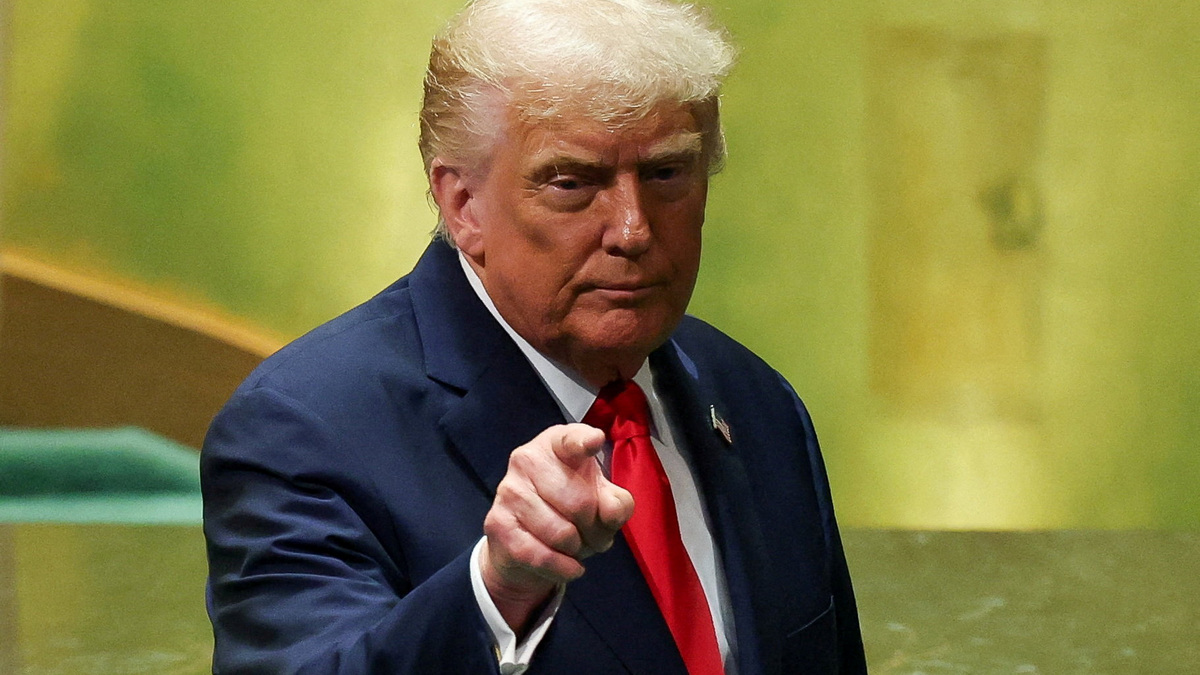A major share of the settlement, $22 million of the sum will be allocated to the Trust for the National Mall to fund the construction of a new White House ballroom.
Google-owned YouTube has agreed to a $24.5 million settlement with US President Donald Trump, ending a prolonged legal clash over the suspension of his channel in early 2021. The ban, imposed after the Capitol riots, was part of a wider move by social media companies that cited the risk of further unrest.
John Coale, the lawyer representing Trump in his battles with tech firms, told Bloomberg, “I’m happy, the President is happy to get this resolved.” Google, which owns YouTube, did not offer a statement.
Settlement channels funds into legacy project
Under the settlement, $22 million will be allocated to the Trust for the National Mall to fund a new ballroom at the White House, styled after the reception halls of Trump’s Mar-a-Lago estate in Florida, according to Reuters.
The approach mirrors earlier agreements where Trump directed compensation towards projects shaping his legacy. In January, Meta Platforms paid $25 million in settlement, with $22 million from that sum designated for the construction of a Trump presidential library.
Trump’s track record with tech giants
Since returning to the presidency last November, Trump has wrapped up multiple legal challenges with large tech companies. In February, he ended his case against Twitter, now rebranded as X, in what reports suggested was a $10 million settlement.
Initially, Trump had filed cases against Google, Facebook, and X (formerly Twitter) together, aiming not only for damages but also for legal restrictions on platforms’ authority to suspend or moderate users. Courts consistently upheld that social media platforms enjoy broad First Amendment rights in content moderation, yet Trump kept up the fight until the recent wave of settlements.
The agreement comes at a time when Google is navigating a host of antitrust battles with the US Department of Justice. Regulators have accused the company of monopolising online advertising and search services. Earlier this month, however, a federal judge in Washington rejected calls for Google to divest its Chrome browser, offering the company a legal win.
End of Article

)

